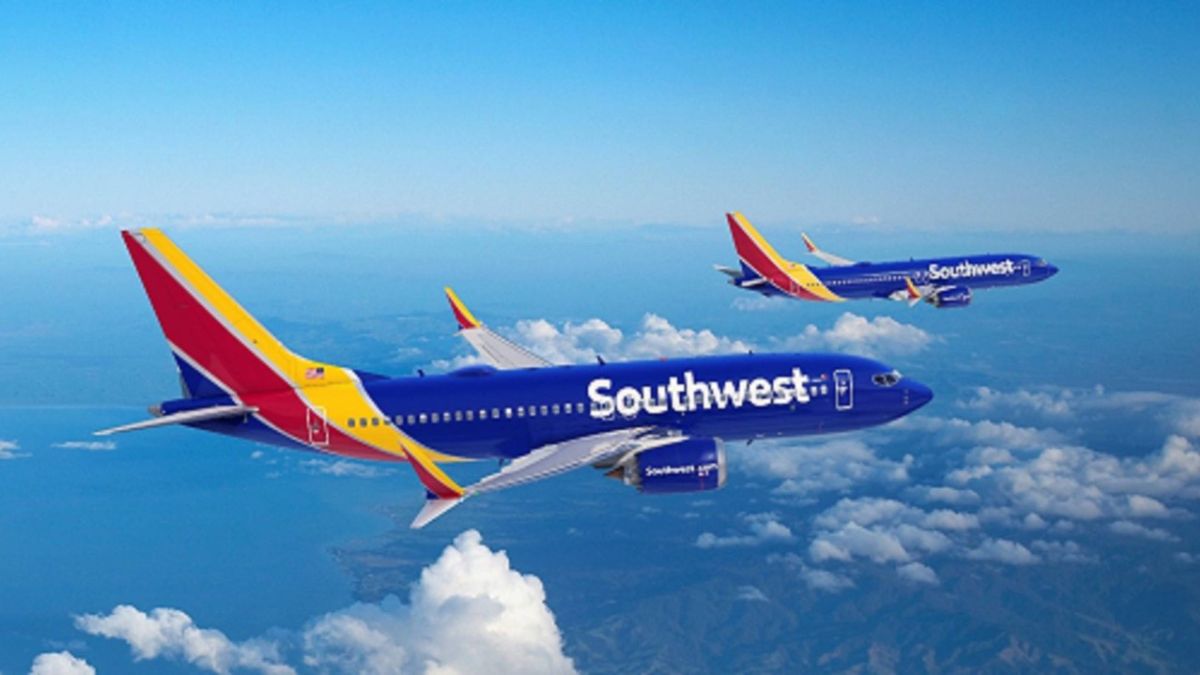Southwest Airlines has opted to exclude the Boeing 737 Max 7 from its 2024 fleet plans due to ongoing certification delays, becoming the latest major carrier to reassess its fleet strategy in response to challenges faced by Boeing. The decision follows United Airlines’ move earlier this week to remove the 737 Max 10, the largest model in the Max family, from its internal fleet plans.
The recent scrutiny on Boeing intensified after a door panel blew out midflight from a 737 Max 9 operated by Alaska Airlines on January 5, leading the Federal Aviation Administration (FAA) to ground that specific model. However, on Wednesday, the FAA cleared inspection instructions, allowing the affected planes to potentially return to service as early as this week.
Southwest Airlines revealed in its quarterly earnings and outlook report on Thursday that it anticipates receiving 79 aircraft in 2024, down from the initially contracted 85, as it removes the Max 7 from its plans. The decision is attributed to Boeing’s ongoing supply chain challenges and the current status of the -7 certification.
FAA Administrator Mike Whitaker addressed concerns about the certification process, stating that even before the Alaska Airlines incident, the agency had recognized the need for a more hands-on approach in certifying the Max 7 and Max 10 aircraft. Whitaker emphasized that the FAA has no specific timelines for the certification of these aircraft and emphasized a commitment to heightened vigilance in the certification programs.
In response to the FAA’s decision to bar Boeing from planned production increases of the 737 Max, potentially leading to delivery delays for airlines, Boeing released a statement expressing cooperation and transparency. The company affirmed its commitment to working closely with the FAA and following their guidance as they take action to strengthen safety and quality at Boeing.
As the aviation industry grapples with these challenges, Southwest Airlines’ decision underscores the broader impact of certification delays on major carriers’ fleet plans, highlighting the need for continued scrutiny and vigilance in the certification process.


